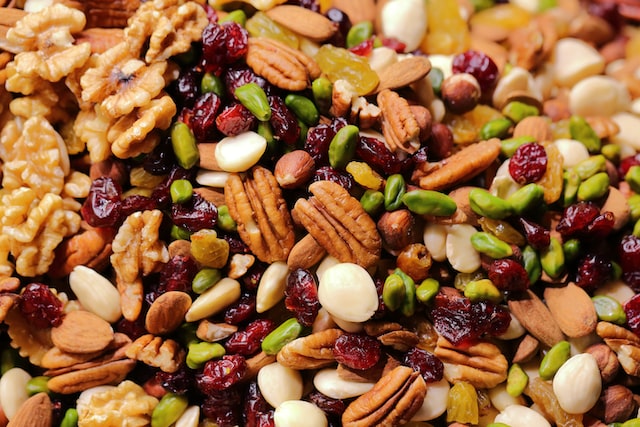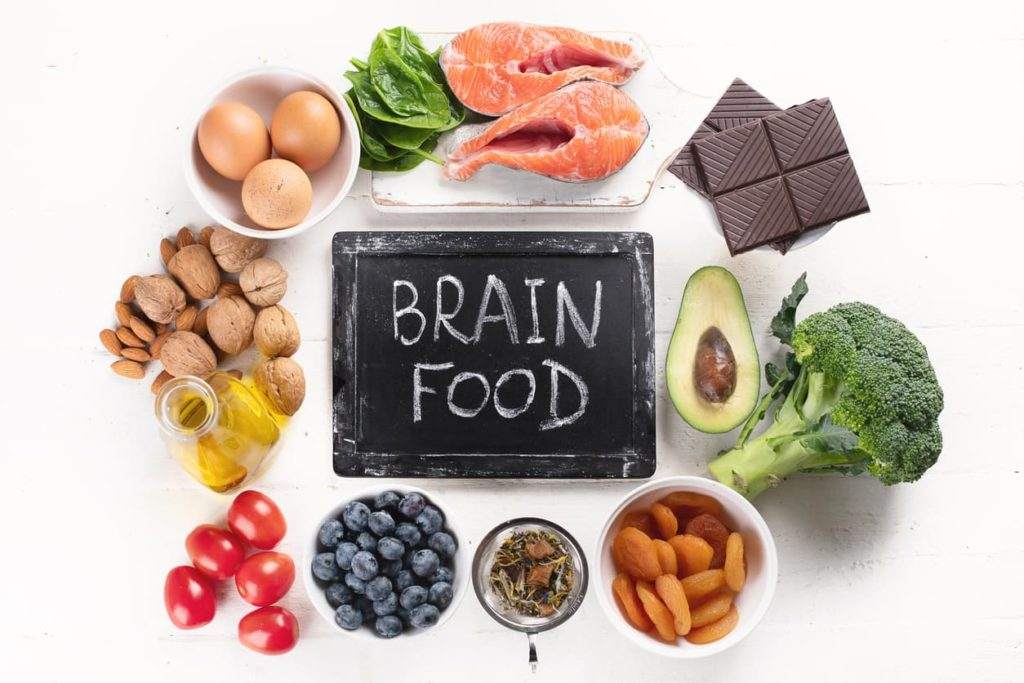Do you want to improve how you feel? People with autoimmune disorders have long heard advice from their doctors about the benefits of an anti-inflammatory diet to improve their symptoms. However, they aren’t the only ones who reap perks from this meal plan.
Nearly anyone will see improvement from reducing those substances that spur inflammation and increasing those that fight it. While mild inflammation is useful for fighting acute injury or disease, it creates problems when it becomes chronic, disrupting many of your body systems.
Fortunately, there’s no need for a major overhaul of your daily menu – it all boils down to making better choices, one by one. What should you eat and avoid, and why? Here are four ways an anti-inflammatory diet can improve your health and tips for getting started.
Benefits of an Anti-Inflammatory Diet
The benefits of an anti-inflammatory diet include preventing disease while managing current conditions. Here’s what you can expect from modifying your meal plan.
1. Ease Chronic Pain
Your body interprets pain as harm, and rightfully so in many cases. When you have an injury, your immune system sends more white blood cells to the site, causing the signature heat and swelling known as inflammation. Once you recover, your nervous system should stop detecting danger signals and the warmth and redness should abate. However, sometimes those signals get crossed.
An anti-inflammatory diet helps fight inflammation independent of the underlying cause. It can help tame chronic aches and pains that often result when oxidative stress from various sources prompts your nervous system to keep sending inflammatory messages to your brain without an apparent physical injury.
2. Reduce Heart Disease Risk
Heart disease remains the number one killer of men and women worldwide. Inflammation contributes to this condition by promoting plaque growth, loosening existing plaques in your arteries, and triggering blood clots. Taming inflammation reduces these factors and mitigates your risk.
3. Ease Autoimmune Disease Symptoms
Autoimmune diseases result when your body mistakenly attacks healthy tissue as it would an invading pathogen. As a result, you can develop numerous nasty symptoms, from painful and cracked skin plaques to severe gastrointestinal upset that requires surgery.
Studies show that an anti-inflammatory diet lowers the levels of several inflammatory markers doctors use as hallmarks of these disorders.
4. Improve Your Mental Health
Your mind runs your body, and what happens in one impacts the other. Eating anti-inflammatory foods provides your body with the phytonutrients it needs to reduce neuroinflammation, a hallmark of Alzheimer’s disease. Other nutrients in common foods found in this eating plan ease anxiety and depression symptoms.
Foods to Eat on an Anti-Inflammatory Diet
What should you eat to reap the benefits of an anti-inflammatory diet? Add more of these six foods to your menu.
1. Green Tea
Green tea contains polyphenols, substances that perform multiple health functions. One is to increase dopamine levels, a neurotransmitter associated with a positive mental state. Additionally, these powerhouses can reduce your cancer and heart disease risks.
2. Dark, Leafy Greens
Dark, leafy greens are high in various nutrients that tame inflammation, such as folate, beta-carotene, and phylloquinone. Getting more of these foods in your diet is as easy as ordering a side salad instead of fries or adding some arugula or spinach to your lunchtime wrap.
3. Berries
Berries are rich in anthocyanins, a type of flavonoid that creates their rich blue and red hues. Research suggests these substances have a protective effect against degenerative diseases.
4. Nuts and Seeds
Nuts and seeds contain various substances with anti-inflammatory properties. They are rich in l-arginine, magnesium, and vitamin E, which calm swelling. They’re also a rich vegan source of alpha-linolenic acid (ALA), a type of omega-3 fatty acid.
5. Fatty Fish
Fatty fish are high in omega-3 fatty acids. The types found in fish – EPA and DHA – give birth to substances called resolvins that help resolve swelling.
6. Dark Chocolate
You should pass on added sugar to reduce inflammation. However, dark chocolate contains little, if any, of the sweet stuff and has various antioxidants that help soothe inflammation. Perhaps some berries dipped in a fondue for dessert?
What to Avoid on an Anti-Inflammatory Diet
Just as some foods decrease inflammation, others can make you swell. Here’s what you should consider leaving off your plate.
1. Processed Foods
Processed foods often contain tons of white flour, additives, and preservatives. White flour is problematic because it absorbs quickly, spiking your blood sugar. It may also contain a chemical byproduct that harms your pancreas, which creates the insulin that keeps your glucose levels in check. Additives like salt can cause adverse health effects.
2. Sugar
Added sugars can spur inflammation, and many manufacturers include it in their foods – especially low-fat products. They do so to make up for the loss in taste, but they could be increasing the health risks. Learn to read labels, which are fortunately getting easier to decipher. Avoid products with more than 20% of your daily value listed as such.
3. FODMAPs
Please note that many people can consume foods in this category with no problem – but some experience trouble. “FODMAPs” stands for “fermentable oligosaccharides, disaccharides, monosaccharides, and polyols” that some researchers believe lurk behind irritable bowel syndrome.
If you don’t find relief in other ways, try eliminating high-FODMAP foods from your diet and see if your symptoms improve. Work with your doctor to ensure you still get adequate nutrition, especially during the restrictive phase.
Benefits of an Anti-Inflammatory Diet for Improving Your Health
An anti-inflammatory diet has multiple benefits for your physical and mental health. Best of all, you don’t have to redo your entire menu. You can find relief by adding more recommended foods and reducing or eliminating those that spur swelling.
Now that you understand the benefits of an anti-inflammatory diet, why not give it a try? You have nothing to lose and better health to gain.




